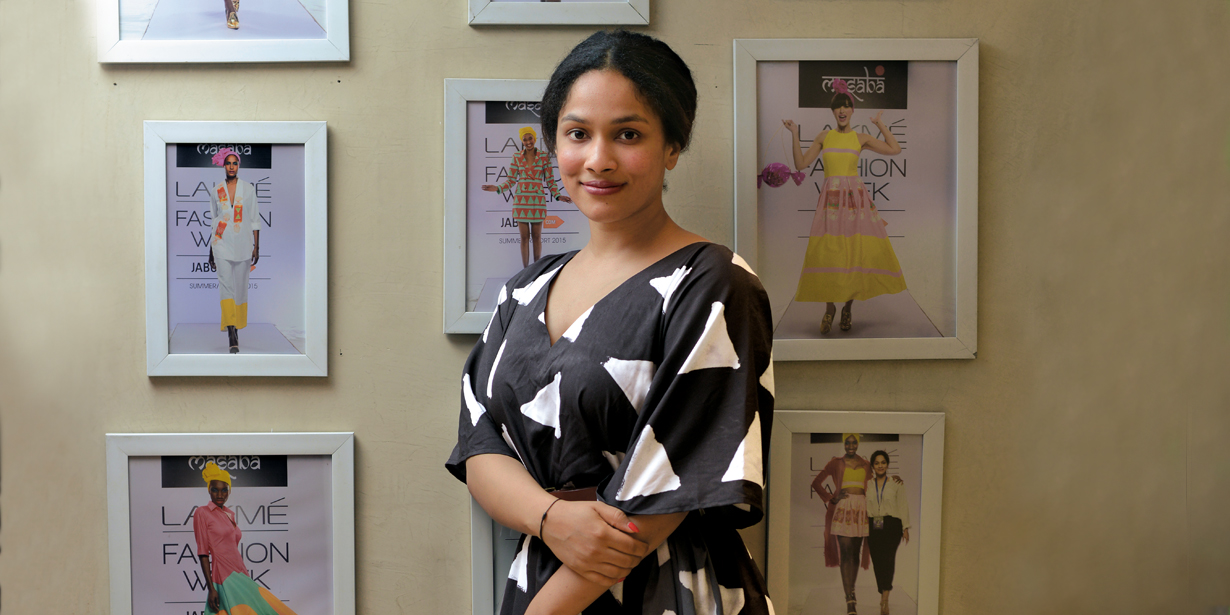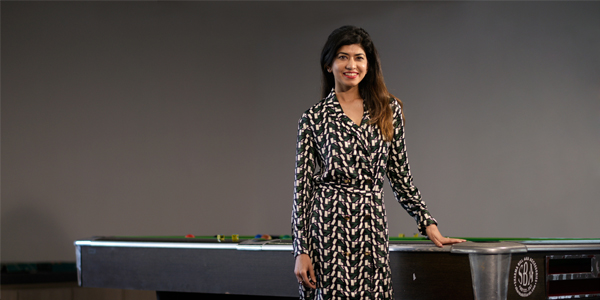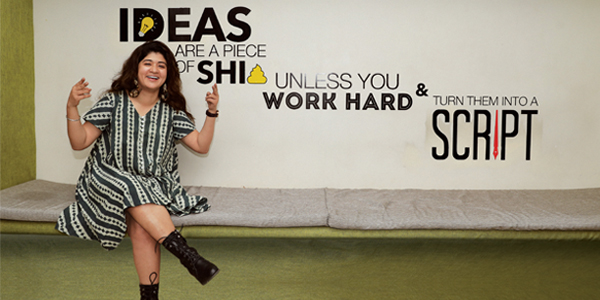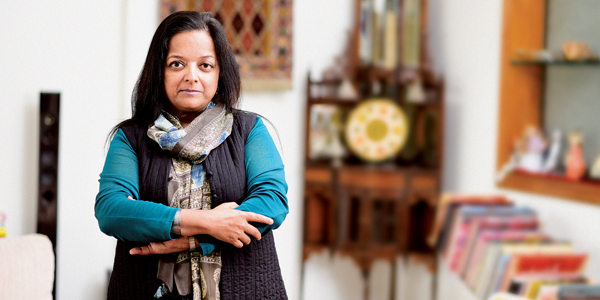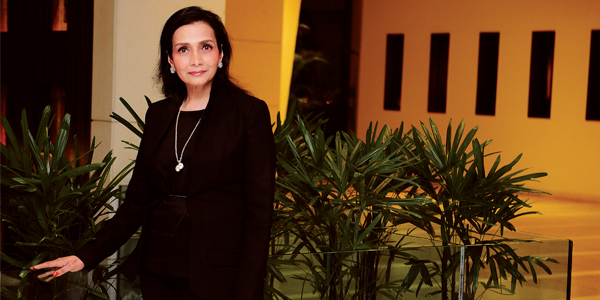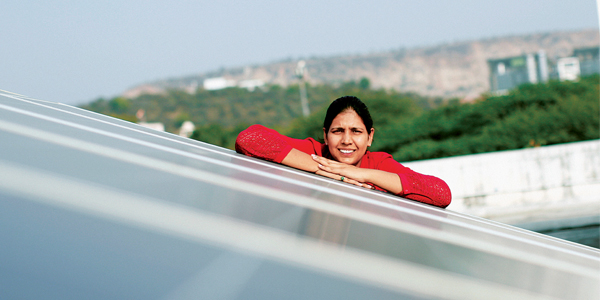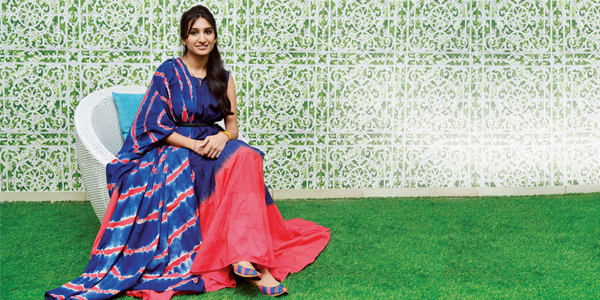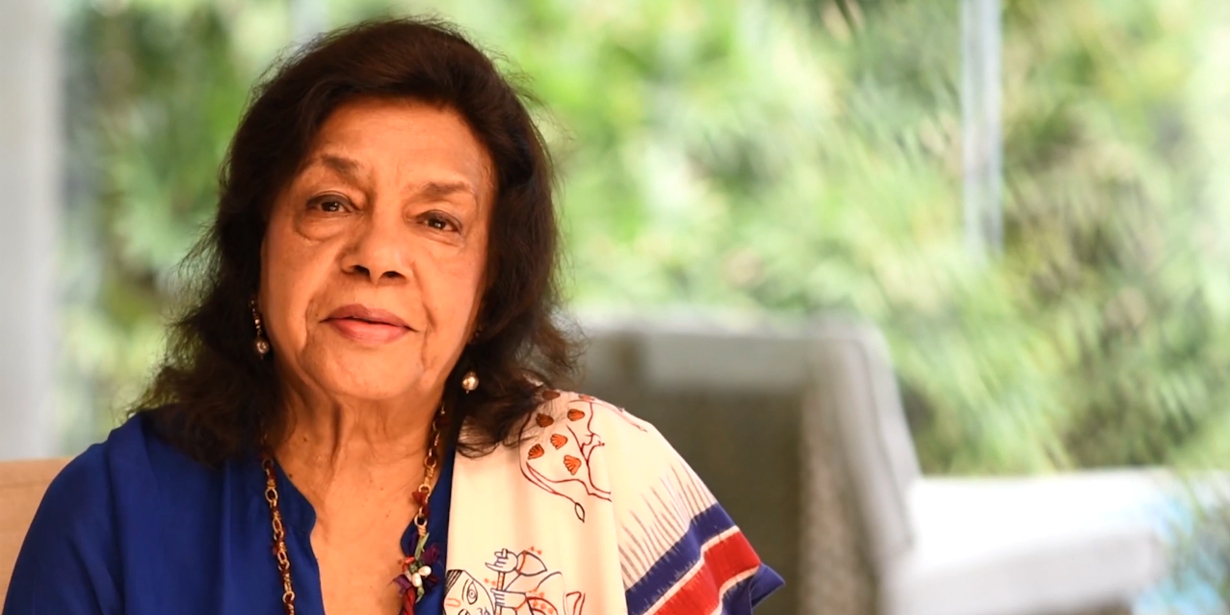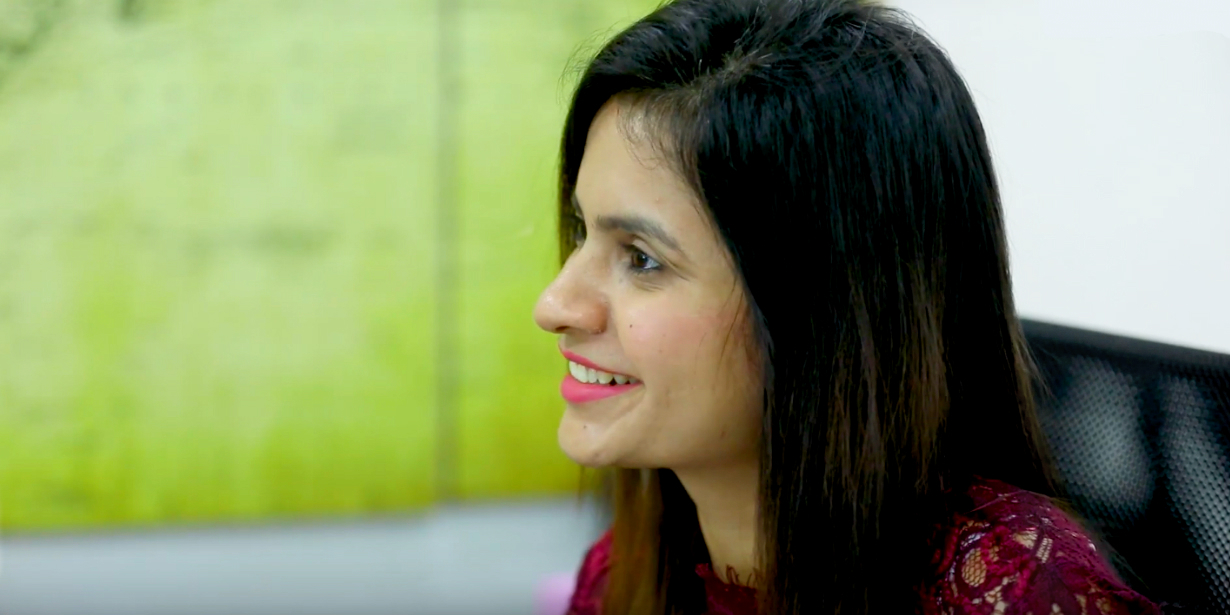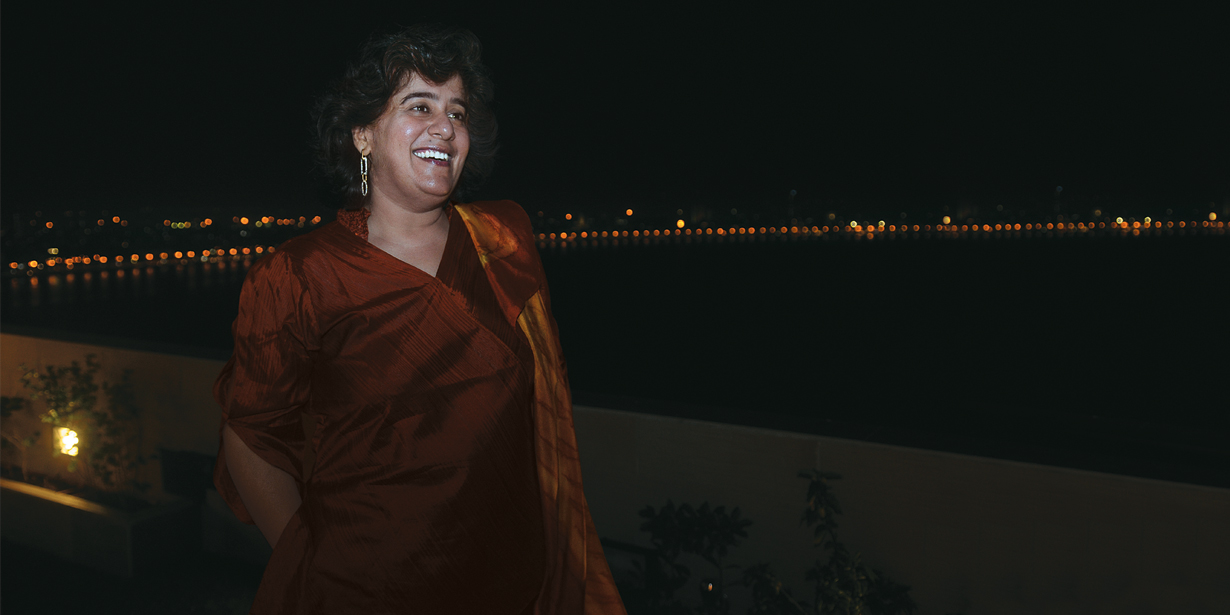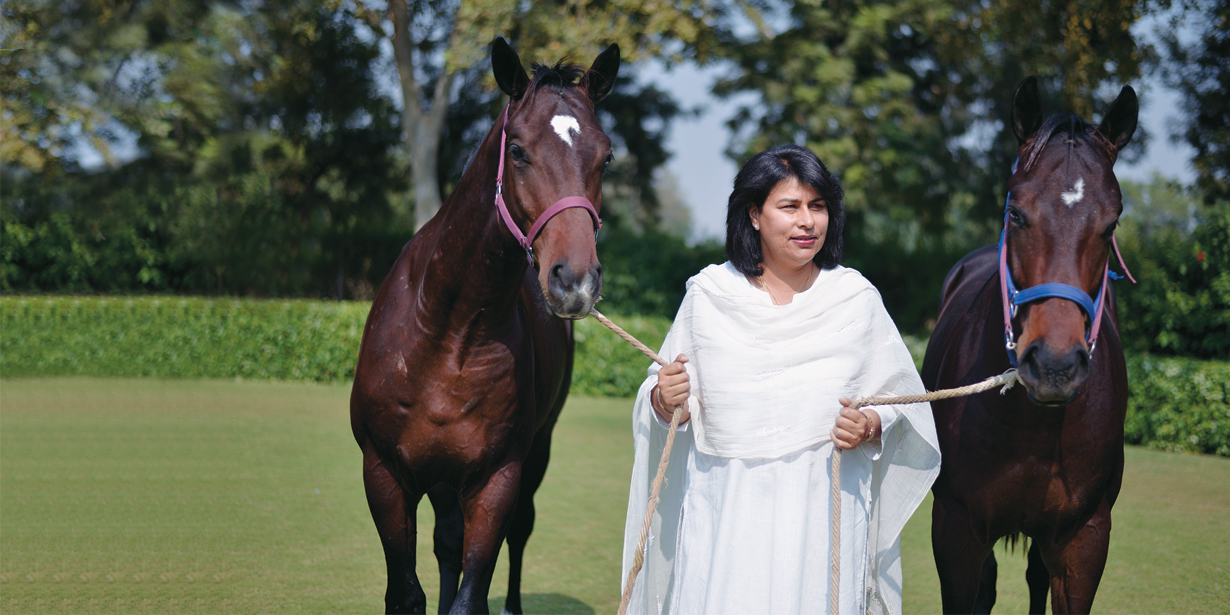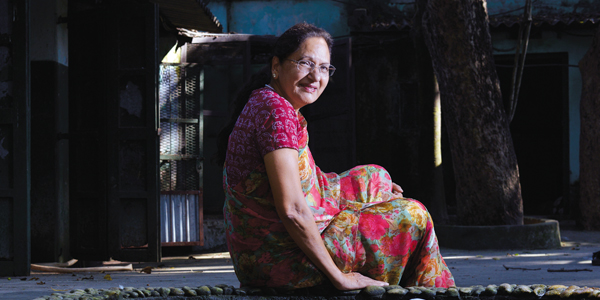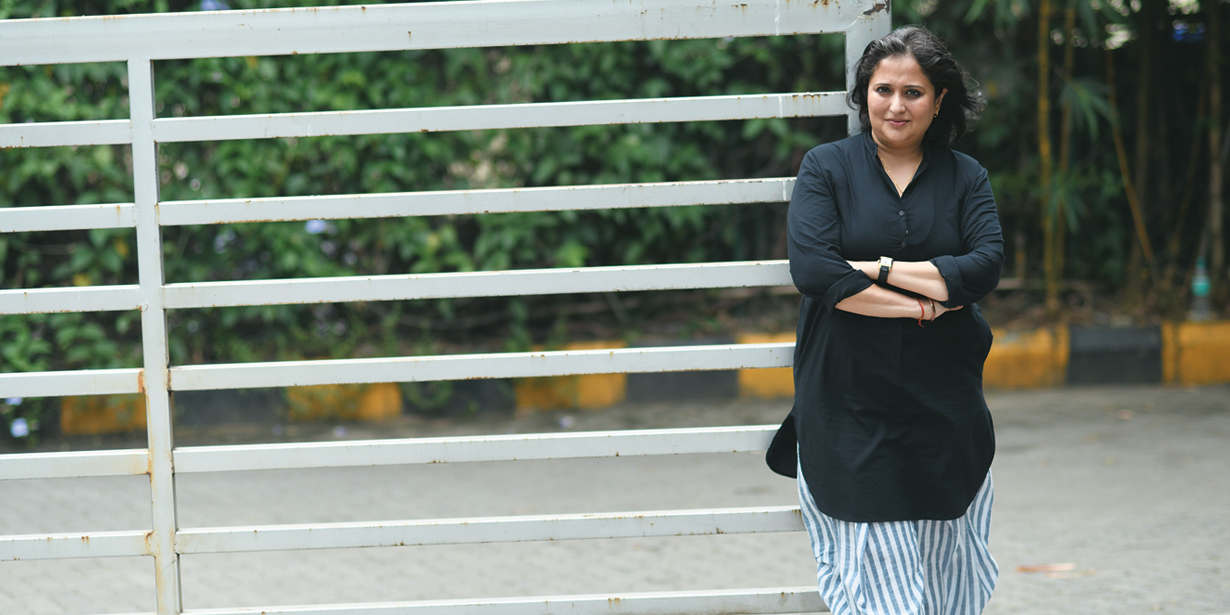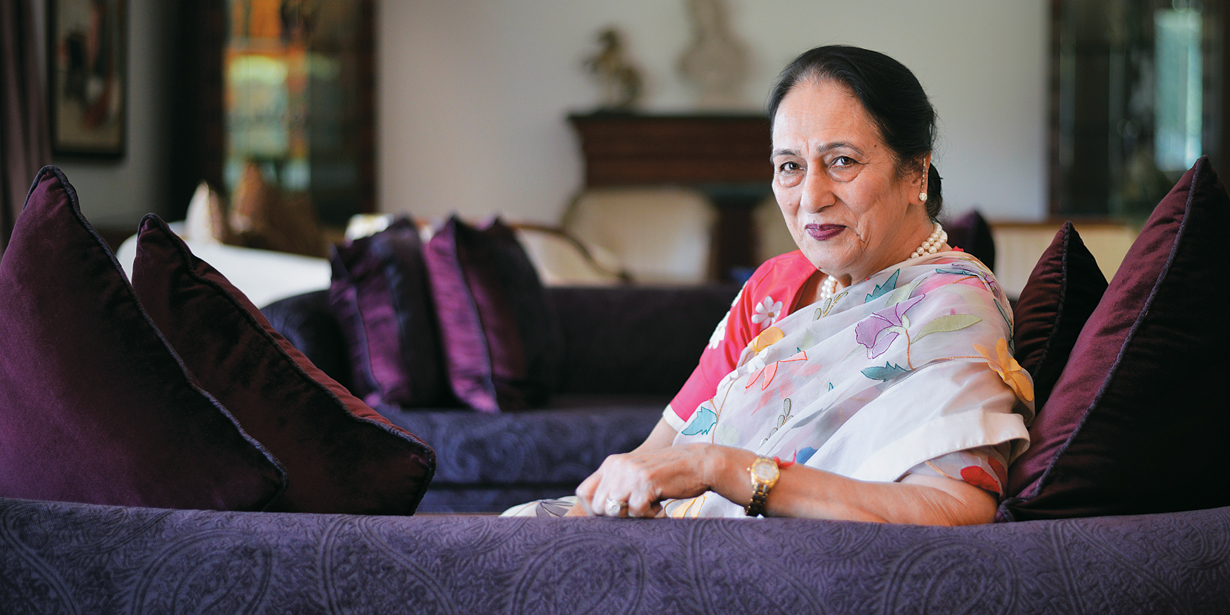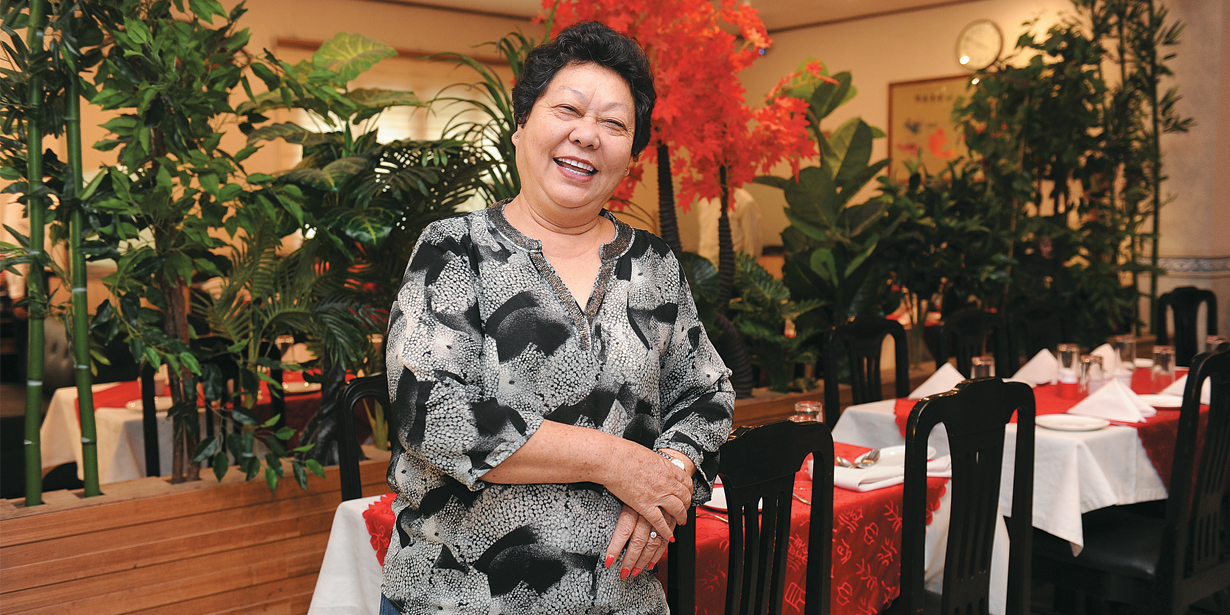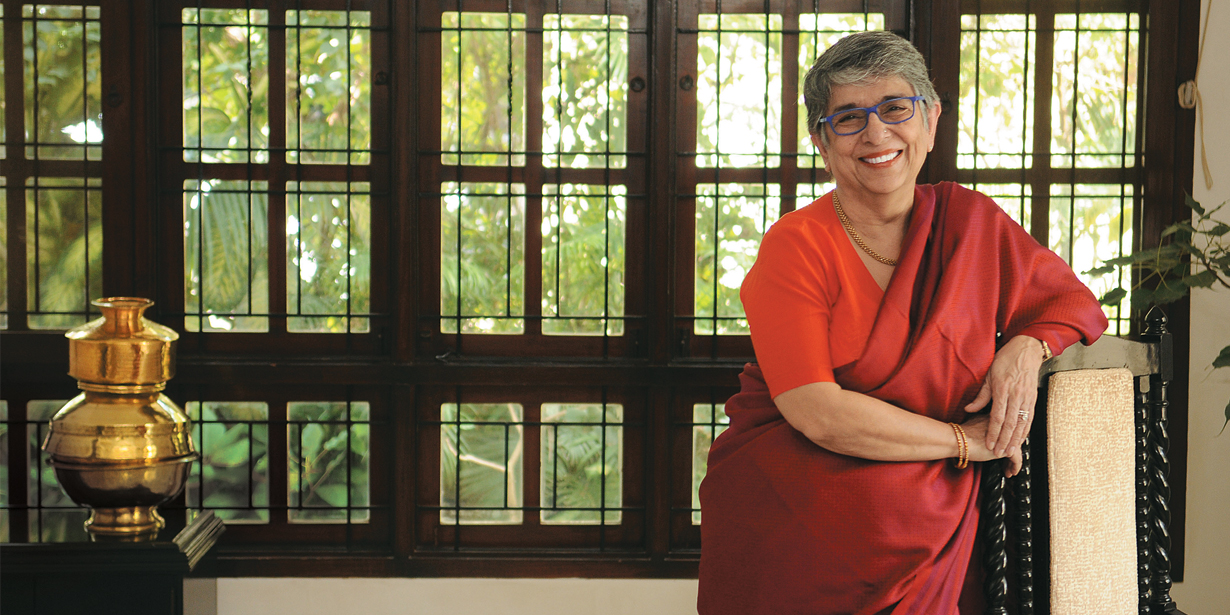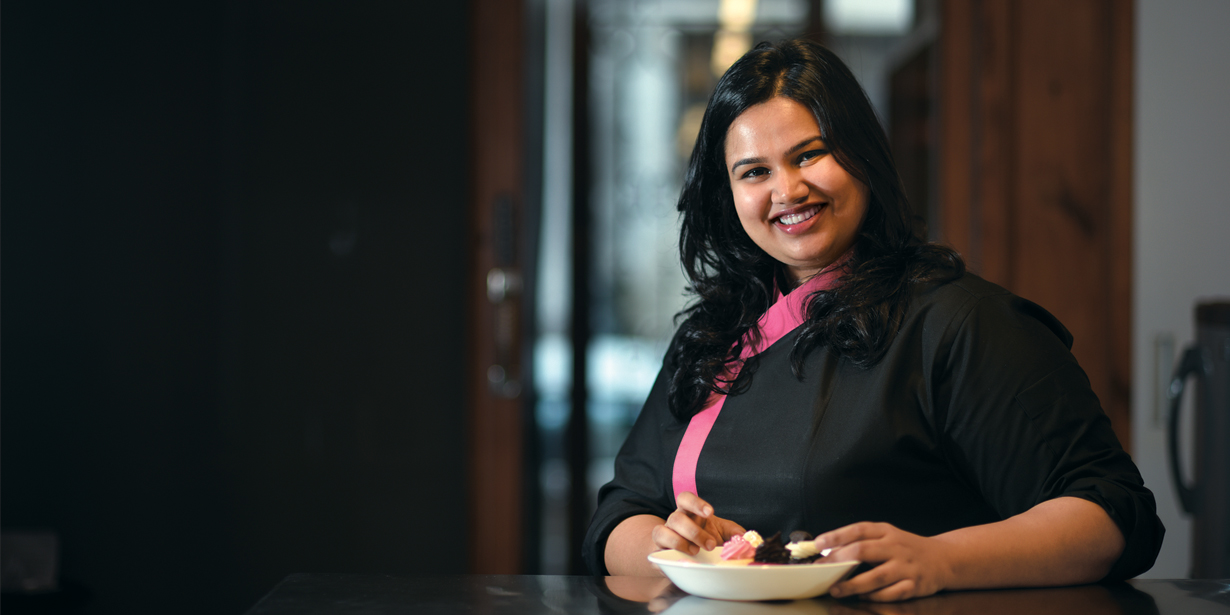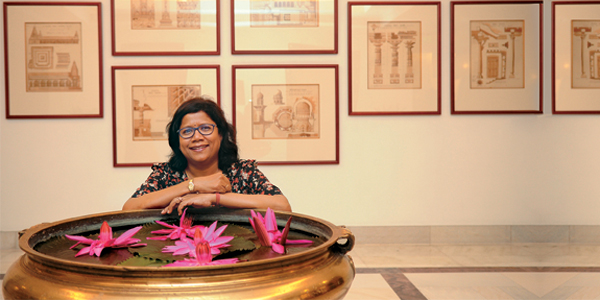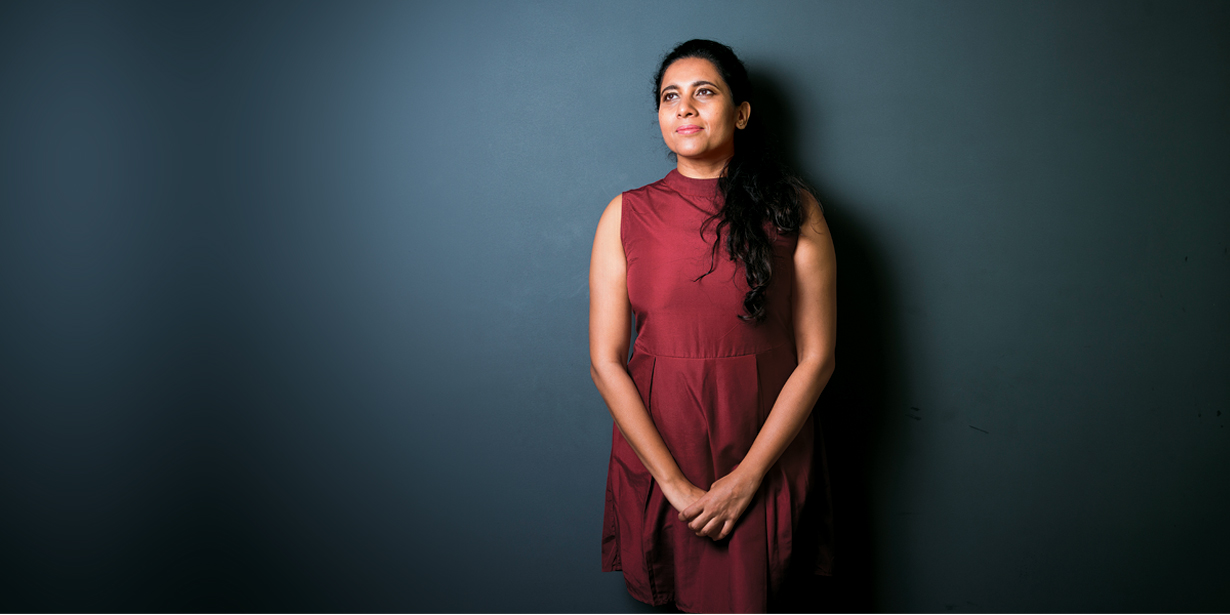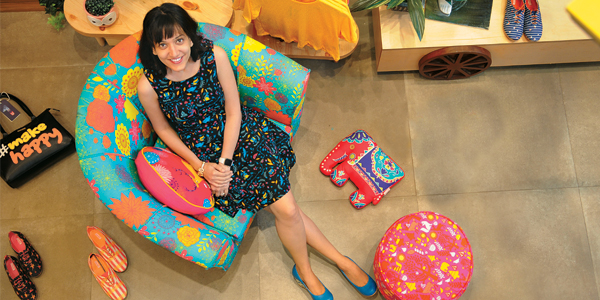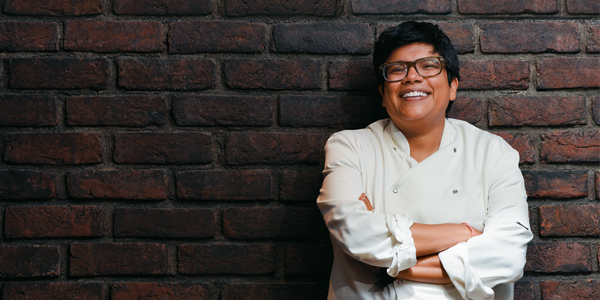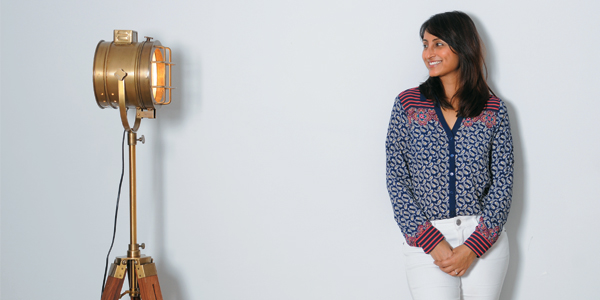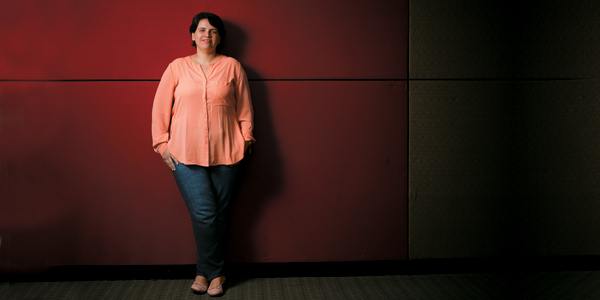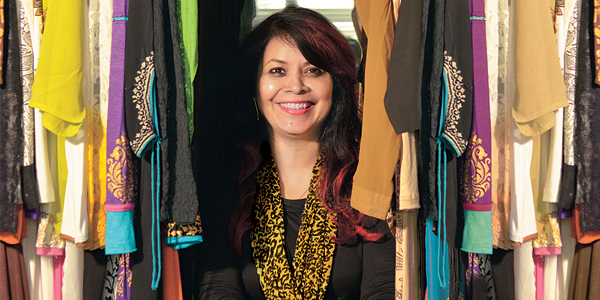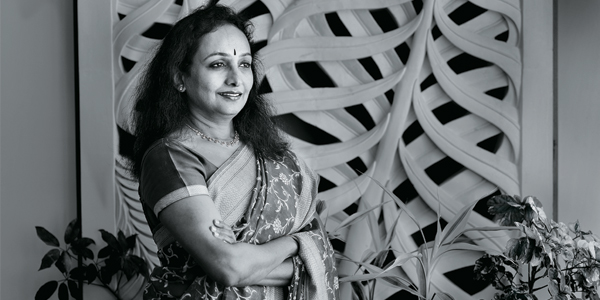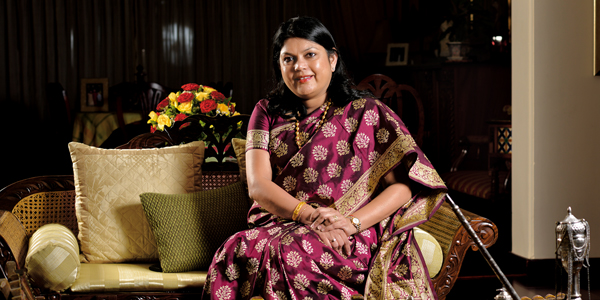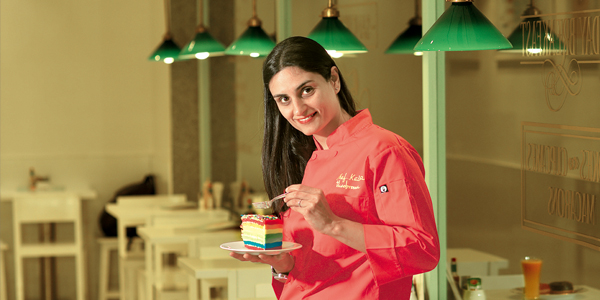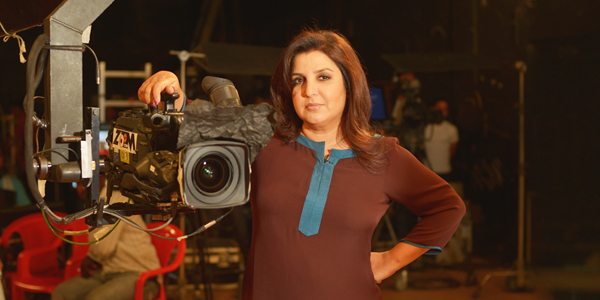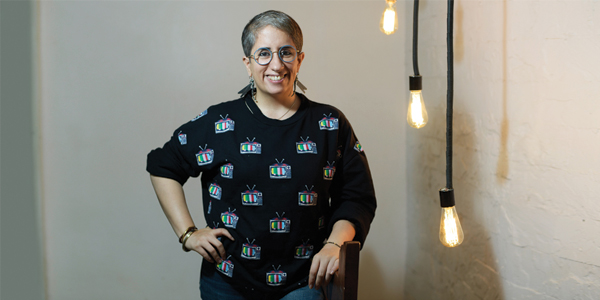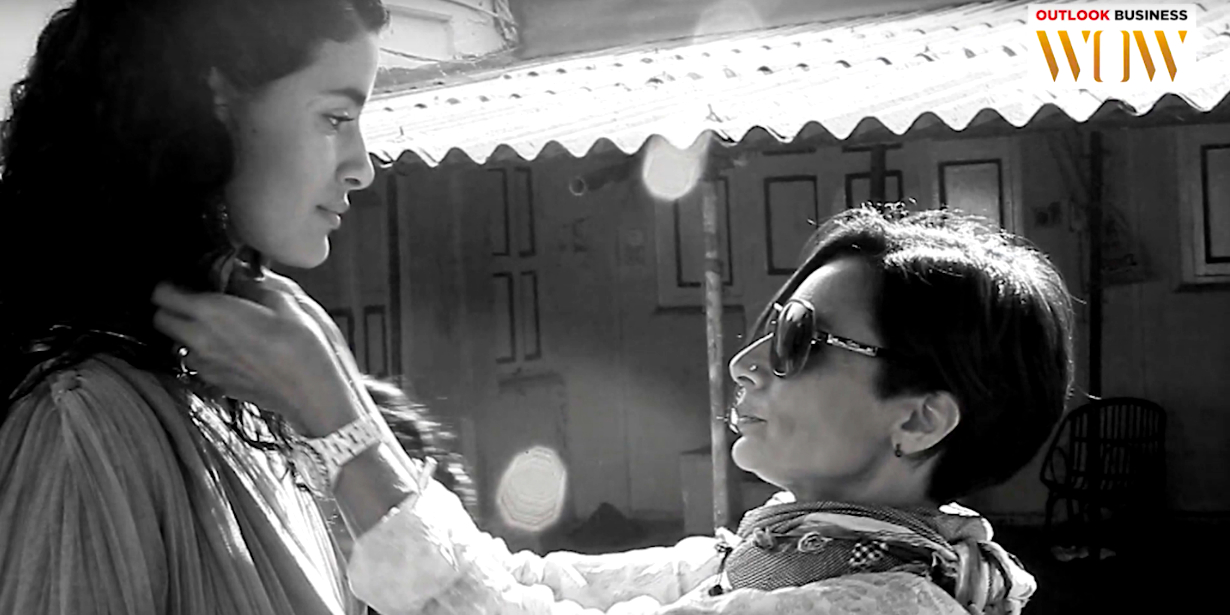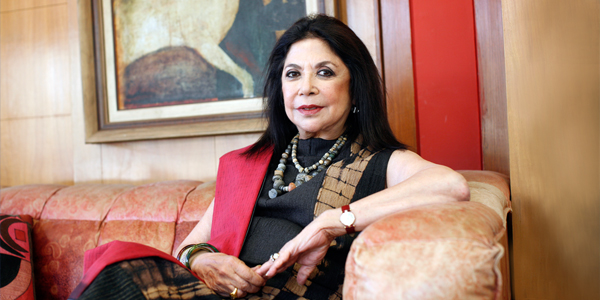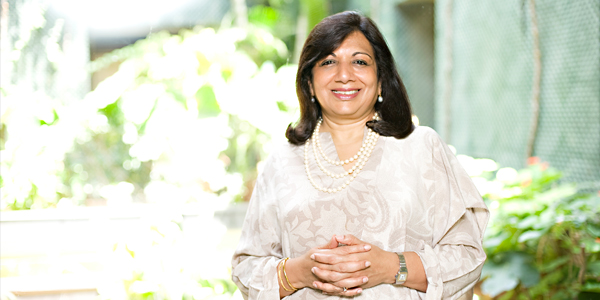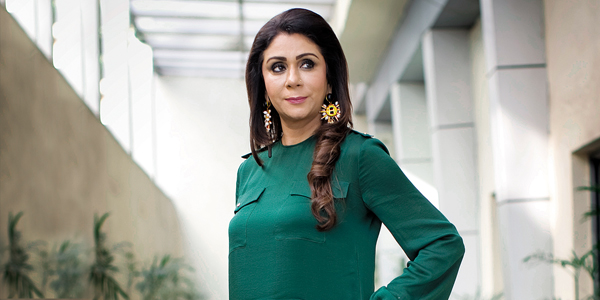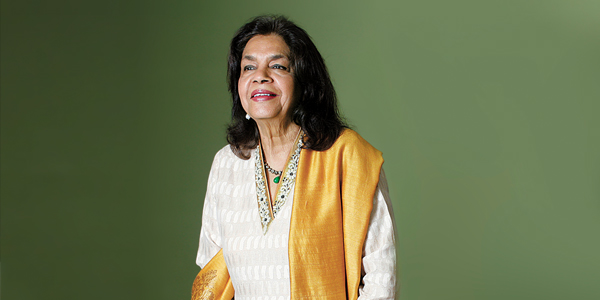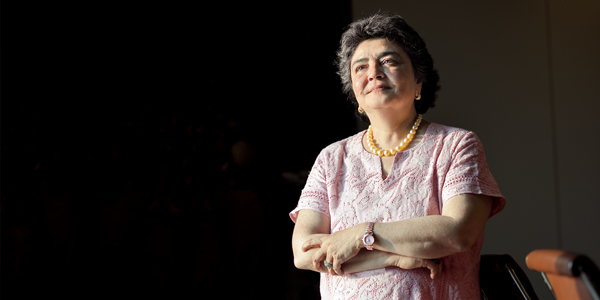Dropping Bollywood plans as she was told ‘her nose was too big,’ she came to rule the fashion world instead
How Masaba Gupta cashed in on her passion for fashion
At one point during her adolescence, 26-year-old fashion designer Masaba Gupta laughingly reveals during our conversation at her eponymous store in Mumbai, that all she wanted to do was to become famous, just like her parents. For other awkward teenagers, this would have been a not-unreasonable ambition to nurture. Unfortunately for Gupta, her parents happen to be West Indian cricketing legend Sir Vivian Richards and National Award-winning actress Neena Gupta. With that intimidating legacy — which inevitably finds a mention in articles written about Masaba, as it has in mine — and given the success rate of most celebrity kids, that would have been a recipe for failure, Gupta says, had it not been for the firm and grounded parenting she received. “I have had very honest parents, who have told me, ‘Look, you’re bad at this, don’t do it’. Otherwise, you have parents who keep telling their kids, ‘Oh my god, you’re so amazing, so good-looking, so tall!’ — you might be the shortest thing on earth but they will say ‘You are so tall, become a model’. That’s just silly,” she says.
 This grounding and support from her parents is what Gupta says led her to finally becoming famous in her own right, as the go-to designer for edgy, contemporary styling. Her entry into this field was completely serendipitous. “As a child, I was always sketching and making my own clothes for family weddings, but fashion design wasn’t something I wanted to pursue; I sort of chanced upon it,” she says. Though Gupta went to London to study music, she returned disinterested in the subject but keen on studying further. After making it to SNDT University’s apparel manufacture and design course, which she had applied to as a last resort, Gupta won all the awards at her graduation fashion show. “That’s when I finally felt like this was my calling, that I could run a business out of this; this is very important because you need to be able to sustain yourself in the market.” Six months after the show, Gupta made it to Lakme Fashion Week’s coveted Gen Next programme, finally launching her own label in 2009. By 2010, she had opened her Juhu, Mumbai, store; today, there are four across the country.
This grounding and support from her parents is what Gupta says led her to finally becoming famous in her own right, as the go-to designer for edgy, contemporary styling. Her entry into this field was completely serendipitous. “As a child, I was always sketching and making my own clothes for family weddings, but fashion design wasn’t something I wanted to pursue; I sort of chanced upon it,” she says. Though Gupta went to London to study music, she returned disinterested in the subject but keen on studying further. After making it to SNDT University’s apparel manufacture and design course, which she had applied to as a last resort, Gupta won all the awards at her graduation fashion show. “That’s when I finally felt like this was my calling, that I could run a business out of this; this is very important because you need to be able to sustain yourself in the market.” Six months after the show, Gupta made it to Lakme Fashion Week’s coveted Gen Next programme, finally launching her own label in 2009. By 2010, she had opened her Juhu, Mumbai, store; today, there are four across the country.
Stitching a success story
Having started her own label at the relatively inexperienced age of 20 with no grounding in entrepreneurship, it has been a daunting but rewarding journey for Gupta thus far. “We started off from my room, moved to a flat, started a workshop and finally opened our own stores. The idea of opening stores was daunting, of course, but the terms and conditions of multi-designer stores such as Aza and Kimaya were not beneficial to us. So, we said we might as well work on our own terms,” she says. The issues with other stores ranged from the fact that their buyers — there are no merchandisers in India, unlike the industry norm abroad — would pick up pieces from the label and pay for only the ones that sold, leaving the brand to absorb the losses and dispose of the dead stock. Their buying patterns were also erratic and they would often pick up stuff that might not be saleable just to fill up racks, says Gupta. This is when she decided to take the leap of faith with her label.
“It might sound funny if I say this, but even five years back, the fashion scene was very different; it was a very tough nut to crack. No matter who you were, you had to go through a very strenuous selection process. But over the years, the premier fashion events in the country have also changed.” And that change, says Gupta, has come from sponsors calling the shots. “Back then, buyers, designers, entrepreneurs, everybody on the jury looked at your garments, discussed why you had done what you had done. Now, because it is not as stringent and anyone can get in and do one or two seasons, the scene has become crowded, and not in a good way. A lot of these new designers are just ripping off not-so-new people like me — being a designer has become the easiest job in the country. Against this backdrop, how do you ensure that your brand is sustainable,” she asks.
Thankfully, of all the challenges Gupta has faced thus far in the industry, sexism hasn’t been one of them. “I haven’t encountered any discrimination at all in that sense. In fact, I think that this is one of the few industries where you don’t face such issues. There is a very strong balance of men and women in the fashion world, even though there are far more male designers than female. But the male designers aren’t your typical conniving businessmen, they’re creative people in the end,” she avers. For Gupta, the challenges have been more along the lines of taking tough decisions on the business front — whether to run her own workshop, whether to outsource work, how to resolve printing issues, how to manage overhead costs. “I didn’t want to keep taking money from my parents and running the business.” Till date, the brand faces the issue of balancing fabric and inventory, given that it has to buy cloth in bulk to get better prices. “But some of these problems are fashion problems for life. For me, the main challenges have been production and finance. I’ve done what I could from my own pocket, so we’re looking at outside investment now,” says Gupta.
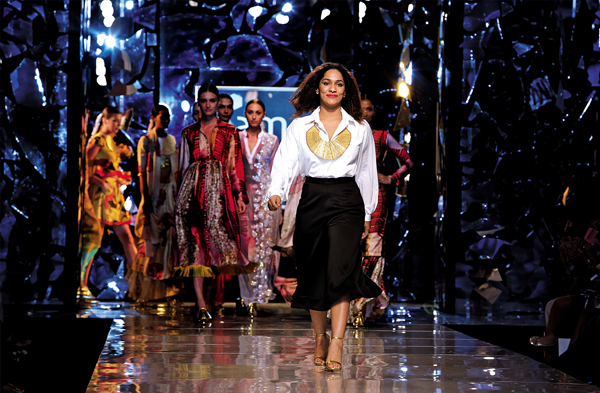
Mum’s the word
For the young designer, the biggest source of support so far has undoubtedly been her mother. “Mom may not have practical experience in this field but she and I both have a tonne of common sense. We have run the brand on instinct — if we felt the need to open a store at Khan Market [Delhi], no matter how much the rent, we have opened it. Take this store, for example — a space this big on Juhu Tara Road is like a permanent hoarding,” says Gupta. She also credits her team of graphic designers and production managers — most of who have been with her since inception — for running the show smoothly. This was especially helpful when Gupta took over as the creative head for the Delhi-based design house Satya Paul at age 23. “The design house was very flexible and gave me the freedom to come down to Mumbai if there was an emergency. The only time I struggled was when — given that our aesthetics are so close — there was something I wanted to try for my brand but had to do for them. But I learnt how to divide my time,” she says.
Gupta’s label has also been a part of several creative collaborations with other brands. But this is not something she is keen on continuing in future, confessing that her brand may have gone in for one too many. This is understandable, given that not all collaborations have worked out to the liking of those involved. “We had just a day to design a car for Tata Nano: that meant designing it, painting it and shipping it to Delhi. We had no time to work on decent seat covers and the brand made me apply the paintwork to the car myself, which I knew nothing about. So, that was a bit of a disaster. However, the one we did with Disney for Satya Paul was very memorable because we had a blast doing Mickey and Minnie saris,” says Gupta.
Such experiences are also why she depends on seniors and family to advise her on business-related matters. “I depend on mom and my stepfather [Vivek Mehra] for business advice. I think I have picked up a lot from [mentor] Wendell Rodricks because fashion and retail is very different from how a regular business is run. But mostly, it’s been my mother — she is the one who taught me how to deal with employees, how to be patient, how to keep pushing.” Given that Gupta senior had ventured into film production in the past, she was supportive of Masaba’s desire to start her own business. And with the experience that her partner [Masaba recently got married to Hindi film producer Madhu Mantena] brings to the table, Gupta has never felt a lack of support. “Look, money has not been a problem, though my parents always say, ‘Don’t waste money’. But then, very often, young entrepreneurs go off-track when things don’t work out. My parents have always been supportive. From dad [Richards], I have learned to shut everybody out, to shut off all that noise and fears of failure.”
Taking the heat
Gupta says she looks up to more established names for inspiration. “From the way Beyoncé has conducted herself in her life and business to how designer Karl Lagerfeld still manages to run two massive fashion houses at 80 is astounding. Even the way Anamika Khanna or Sabyasachi Mukherjee have done the kind of work that appeals to them while still managing their labels is commendable,” she says. Gupta says she is learning on the job. “A lot of it is thanks to my ability to adapt to situations. At Satya Paul, I walked into an office full of 35+ people, who must have felt that there is a child running the show. I had to adapt to that situation and not show that I was indeed a child. Thankfully, I haven’t faced any other prejudice from the fraternity and even my workshop is a happy place, with a great all-woman team.”
As for the criticism or censure heaped on her on the basis of her parentage, Gupta couldn’t care less. “I think a lot of that has to do with your upbringing, as with all celebrity kids. If you have parents who are actively involved in your growing up years, who are normal at home, I think that makes all the difference. If they come home like divas, you are going to struggle all your life to try to become a diva, when you may not have it in you. It’s something as simple as mom telling me not to become an actress because I didn’t look the part; I can’t be Deepika Padukone, I’m not an Indian face,” she laughs. Gupta says she understands the inherent curiosity among people to see if celebrity kids can succeed on their own merit. “90% of the time, they will think you are terrible at your job and that your parents are the reason behind you being there. Till today, people tell me that I’m here because of my parents. I simply agree with them — that closes all the doors for arguments. I’m not going to feel sorry for having celebrity parents.”
